BRICS members call for reform in UN, IMF, and WTO amid rising protectionism in the West
Members of the international group of emerging nations, BRICS, have called for comprehensive reforms in the United Nations as well as global trade and monitory bodies, in the face of rising protectionism and unilateralism.
The five-member group, which includes the two major world powers China and Russia, held an annual summit in the capital of Brazil this week.
At the end of the two-day summit, they issued a declaration calling for an overhaul in the UN, the UN Security Council, the World Trade Organization (WTO) and the International Monetary Fund (IMF).
“We remain committed to multilateralism, cooperation of sovereign States to maintain peace and security, advance sustainable development and ensure the promotion and protection of human rights and fundamental freedoms for all and build a brighter shared future for the international community,” the declaration said.
“We call upon the IMF to start work on quota and governance reform on the basis of the principles agreed in 2010,” it added.
They reaffirmed support for the Organization for the Prohibition of Chemical Weapons (OPCW) and to the preservation of the Chemical Weapons Convention (CWC) as an "effective disarmament and non-proliferation instrument."
This came at a time when the world is highly concerned over a new arms race, even in outer space, among the world’s military powers after the US withdrew from the Intermediate-Range Nuclear Forces (INF) Treaty earlier this year.
The BRICS expressed “serious concern” with the possibility of an arms race in space and stressed the need to carry out exploration and peaceful uses of outer space in accordance with international law and the United Nations charter.
The five member states, who collectively represent more than 40 percent of the world by population, reaffirmed support for the Organization for the world’s disarmament of chemical and nuclear weapons.
They also asked for the UN Security Council to become more representative and efficient to the needs of developing countries.
The group, which also includes Brazil, India, and South Africa, urged the world to keep markets open with fair and non-discriminatory trade rules.
This came as several nations, including Russia and China, are under economic pressure from the United States in the form of unilateral sanctions and aggressive protectionist trade policies.
The US, which is the biggest budget contributor to the UN, has continuously sought to use that fact as leverage to extract concessions from the world body.
Back in late 2017, US President, Donald Trump, threatened to cut aid to UN member states, who would vote against Washington at the UN General Assembly on the issue of the declaration of Jerusalem al-Quds as the new capital of Israel.
Washington has long had an influence on the world body due to its instrumental role in the founding of the UN and the location of its main headquarters in New York City.
A recent survey of 50 former US ambassadors and senior national security officials, however, found that top Republican and Democratic administrations almost unanimously feel Washington’s influence over the UN has declined under Trump.
Ninety-two percent of those surveyed by the Global Situation Room public relations firm said US adversaries have grown stronger.
VIDEO | Former FBI agent criticizes US Congress for 'outright corruption'
IRGC chief urges Muslim countries to cut aid routes to Israel
'New chapter in cooperation': Iran, Venezuela sign new MoUs
Jordan sentences former lawmaker for supporting Palestinian resistance
Basij volunteer forces hold massive drills in southwestern Iran
Israeli war criminals 'not welcome', US city says after ICC ruling
US vetoing of Gaza ceasefire resolution ‘disgraceful’: Iran’s UN envoy
VIDEO | IAEA adopts anti-Iran resolution tabled by E3


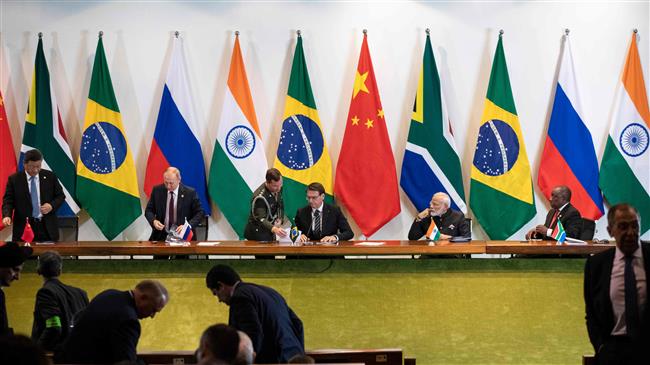

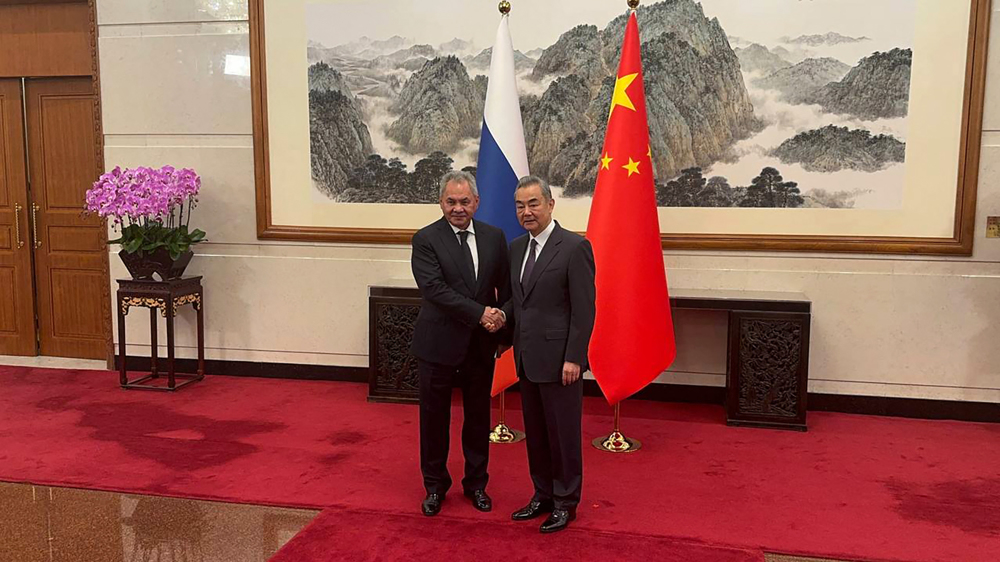
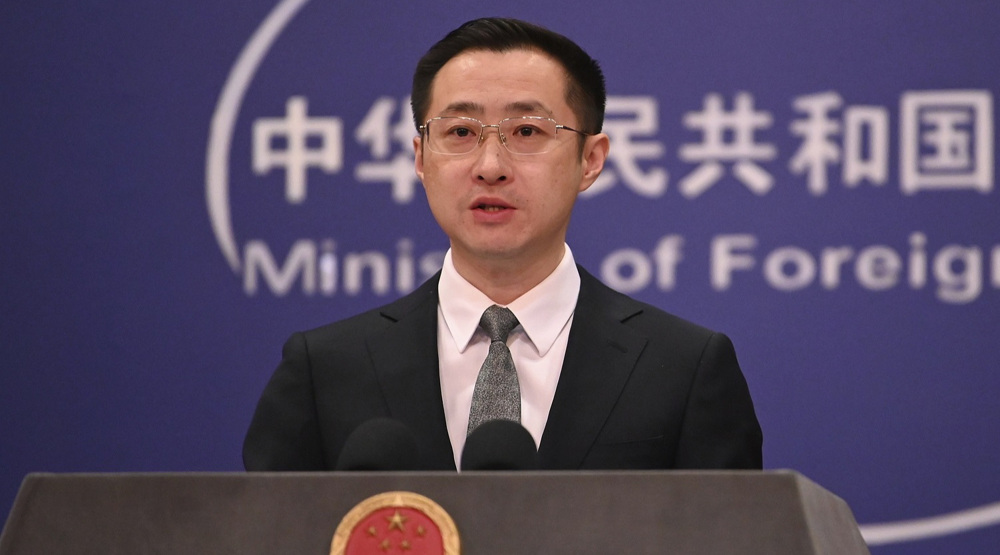
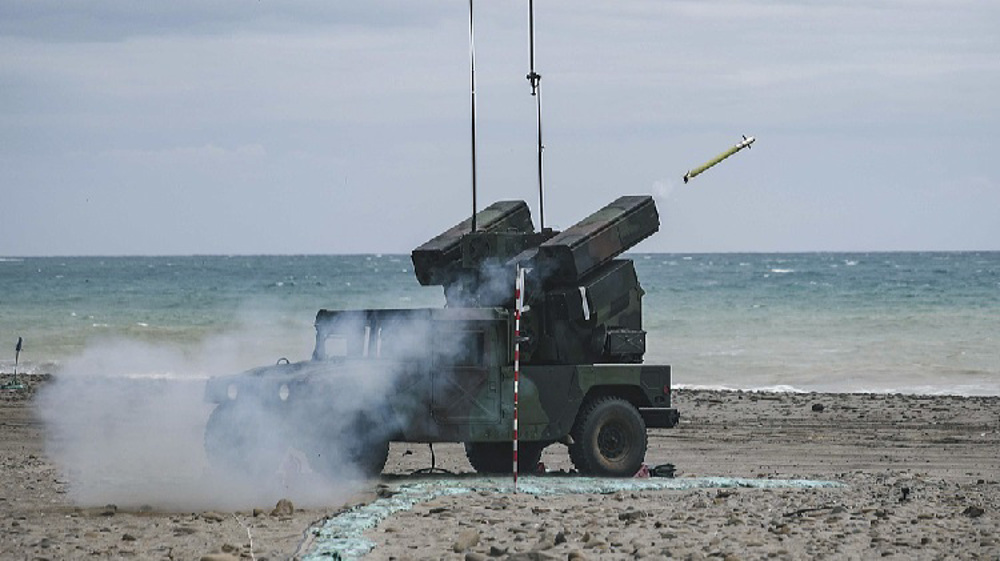





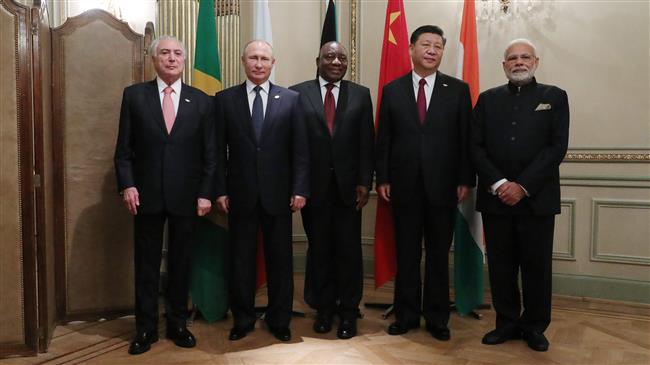

 This makes it easy to access the Press TV website
This makes it easy to access the Press TV website